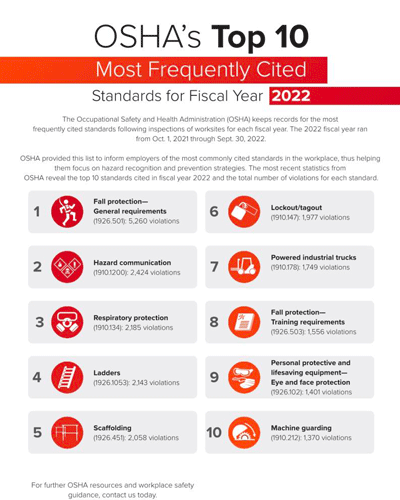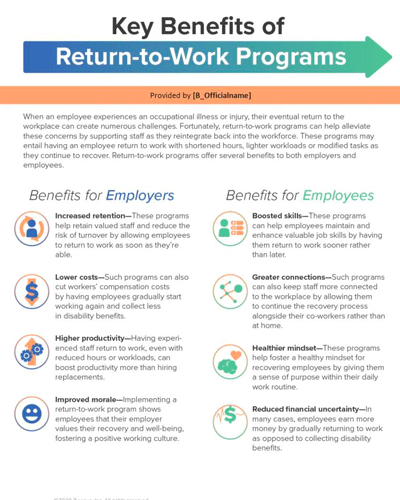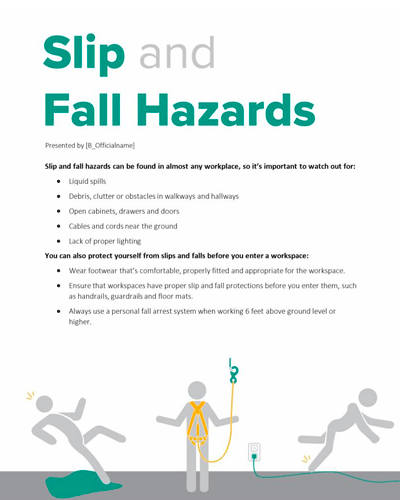Typical insurance providers offer business owners protection in case something goes wrong at work. With workers’ compensation insurance from EMPLOYERS, businesses not only get that peace of mind, but also a Risk Advisory team that’s in their corner for everyday success. See how our expert guidance helps business owners create a safe environment, day in and day out.
Understanding Risk Advisory Benefits
EMPLOYERS policyholders have access to a range of risk advisory services that can help reduce claims costs and build a more positive workplace culture – using safety as the guiding principle.
Our Risk Advisors offer three primary ways to connect: Loss Control Connection™, The Stewardship Process, and on-demand Risk Advisory Services. This means access to advisors who can provide you customized suggestions based on your business’s profile, past claims, and safety needs. You’ll also have access to self-serve training resources and tools, and experts who are ready to answer your questions about workplace safety, policies, and procedures.
How These Benefits Can Help Your Business
We call these risk advisory services “benefits” because they come at no additional cost for policyholders. In fact, you could be saving your business money by taking advantage.
“Improving your organization’s safety culture often reduces incident frequency and severity, which may ultimately reduce your claims costs.”
Dan Killins, Risk Advisory Services Director
Building a safety culture can also help build a better overall corporate culture – a major factor in retaining good employees and driving customer satisfaction.
Not sure where to start? Here’s more information on the ways our experts can help your business.
Your Risk Advisory Benefits
- Loss Control Connection – Policy, program, and training resources – all organized for you in one convenient portal. Log in to explore now and help take your risk management policies and programs to the next level.
- Risk Advisory Stewardship – We offer personalized safety solutions for business owners by reviewing past claims along with your current company policies and procedures. Contact us to get signed up and take the next step in advancing your safety culture.
- Risk Advisory Services – We offer more than just an automated system. Our Risk Advisors have decades of experience to answer your questions about risk mitigation, safety and health policies, employee training, and more.
Looking for More Safety and Risk Advisory Information?
Whether you’re a current or future policyholder, EMPLOYERS can help guide you in improving your workplace safety. Check out these additional resources for more tips on how to manage your workplace risks.
Browse our Most Popular Content
Policyholders, here’s a sneak peek of the most popular content inside the Loss Control Connection™. Click to customize your own version now.
Become a Policyholder
If you’d like to take advantage of EMPLOYERS Risk Advisory Services, connect with a local agent today.
Find General Safety Information on our Blog
While our experts can provide customized advice to better align your business and match state-specific guidelines, we also offer a library of general safety articles for anyone to browse.
Using and applying our resources can help you take your policies and programs to the next level. From teaching you how to evaluate current practices to implementing an effective return-to-work program, EMPLOYERS Risk Advisors make applying your workplace safety benefits simple.
Connect with Us to See How We Can Help





